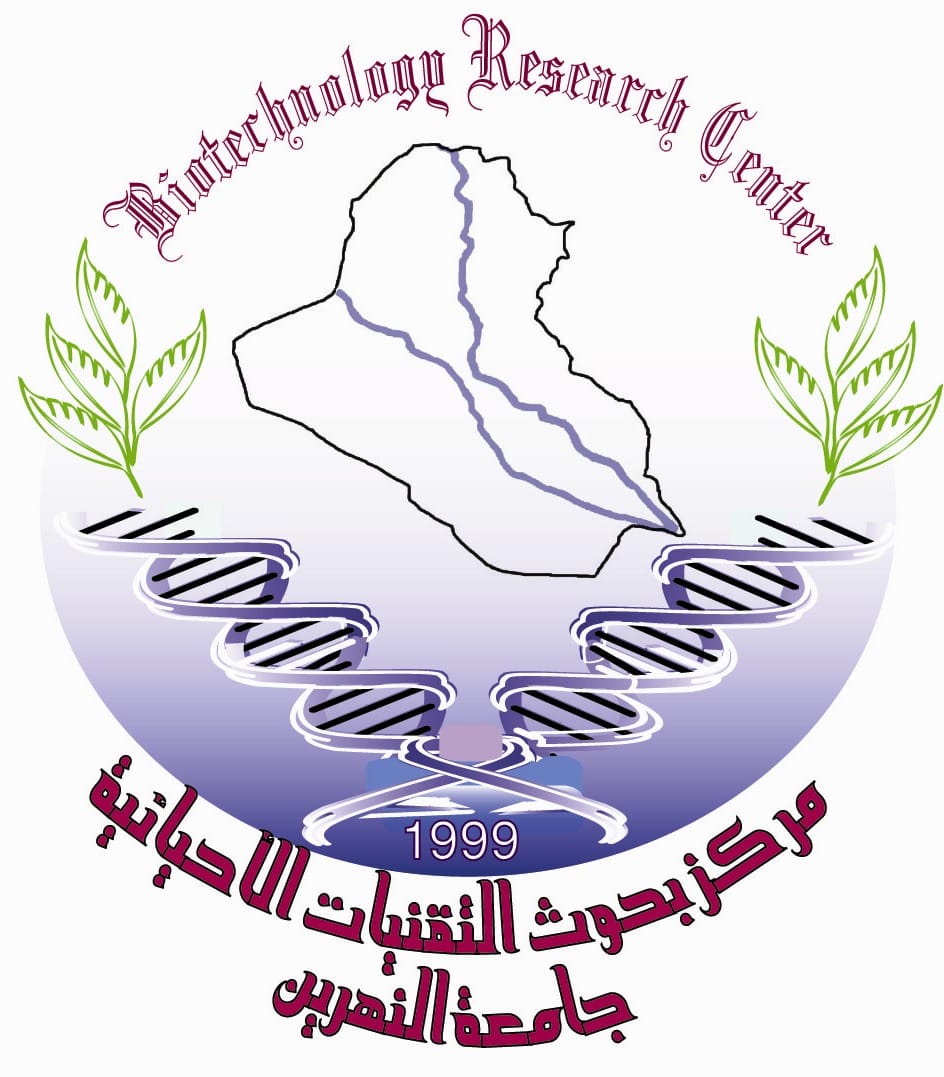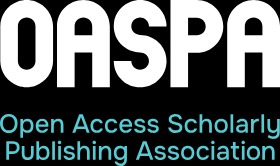In vivo and in vitro Study of Probiotic Effect of Lactobacillus acidophilus on Pathogenecity of Proteus mirabilis isolated from Urinary Tract Infection (UTI)
DOI:
https://doi.org/10.24126/jobrc.2010.4.2.122Abstract
The aim of the study was to treat the pathogenesity and adhesion property of Proteus mirabilis isolate, obtained from urinary tract infection (UTI) patients. After the identification of Proteus mirabilis it was found that the pathogenic bacteria possessed the adhesion ability both in vivo and in vitro bioassays, with lactobacillus acidophilus filtrate as Probiotic. Proteus mirabilis was subjected to different concentrations of lactobacillus acidophilus filtrate to investigate its adhesion property and pathogenesity. Three concentrations (25, 50,100) % of Lactobacillus acidophilus concentrated filtrate were used in vitro bioassays against pathogenic bacteria. Results showed that the third fold 25% was the most effective concentration in reducing the adhesion intensity of the bacteria. This concentration was selected to be used in in vivo for detection of infectivity to the animal tissues (Kidney and liver) and also the effect of Proteus mirabilis and Probiotic on the level of hormones in liver; Serum glutamate pyruvate transaminase, Serum glutamate oxoloacelate transaminase and Alkaline phosphtases (GPT, GOT , ALP) and kidney enzyme (Urea) in serum of mice was investigated. It was found that the levels of liver hormones and kidney enzyme increased at the time of infection, and these levels returned to normal or decrease after treating the animals with 25% of concentrated filtrate of Probiotic.
Downloads
Published
How to Cite
Issue
Section
License
This is an Open Access article distributed under the terms of the creative commons Attribution (CC BY) 4.0 license which permits unrestricted use, distribution, and reproduction in any medium or format, and to alter, transform, or build upon the material, including for commercial use, providing the original author is credited.











